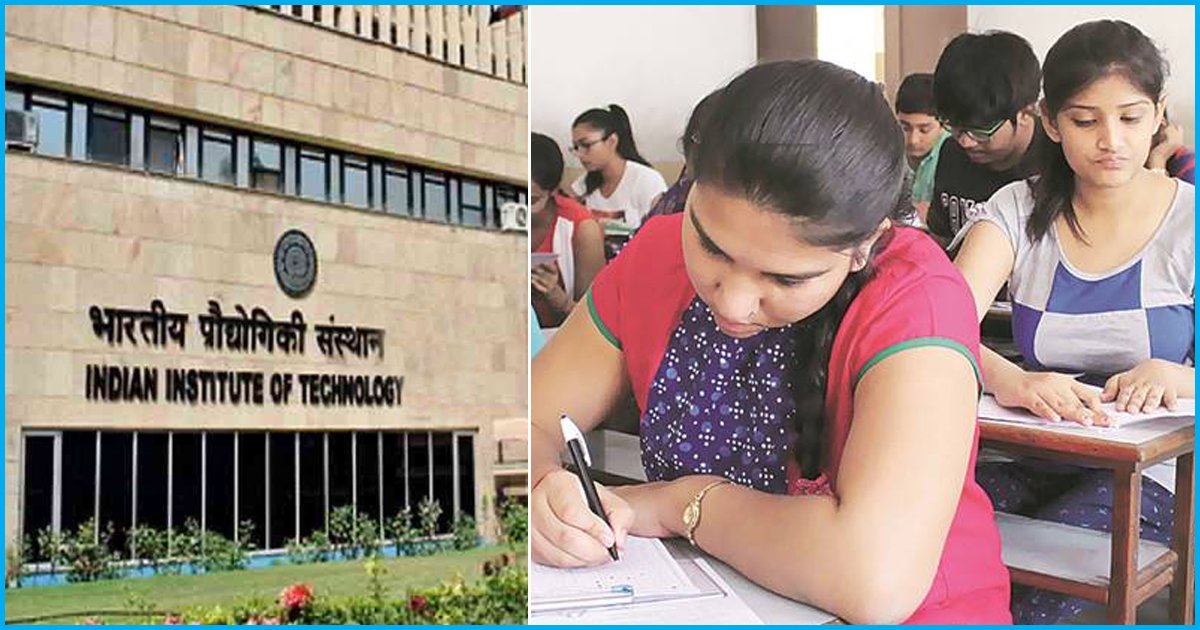
IITs Have Proposed 779 Seats Exclusively For Women Candidates In New Academic Session
10 April 2018 12:57 PM GMT
In a bid to improve the poor gender ratio in BTech program, Indian Institute of Technology has proposed for 779 additional seats exclusively for women this year.
With JEE (Advanced) scheduled to take place on May 20, the decision of “supernumerary seats” will surge to double the number of women that will be admitted, in comparison to last year.
The decision to introduce “supernumerary seats” was taken last year by the IIT Council on April 28, 2017, but the final numbers have been announced now.
The Council’s decision was based on recommendations of sub-committee of the Joint Admission Board (JAB) chaired by IIT Mandi director T A Gonsalves after observing that every year enough number of women clear JEE (Advanced) to achieve a ratio of 45% but their actual representation is less than 10%.
The Council had resolved to achieve a target of 14% female enrollment in 2018, 17% in 2019 and 20% in 2020. The 779 supernumerary seats shall take the proportion of women admitted to IITs to 14% this year.
According to The Indian Express, out of the 779 seats, the largest chunk of 113 seats will go to IIT Kharagpur, followed by IIT-Dhanbad (95 seats), IIT-Kanpur (79), IIT-BHU (76), IIT-Roorkee (68), IIT-Delhi (59), IIT-Bombay (58) and IIT Guwahati (57). Except for IIT Mandi and IIT Tirupati; all other IITs have added seats for female candidates.
The quota will be increased every academic year, starting from this year till the number of female students touches the 20% mark.
Female students in IITs
Reportedly, the compositions of female students in IITs have remained consistent over the last five years, hovering between 8% and 10%, on the other hand, gender ratio in PG programmes in IITs is roughly 22%.
Last year, out of the 10,987 students admitted to BTech programmes across 23 IITs, 1,006 were women.
It was observed that the reason for less number of female students in IITs is due to the absence of any IITian female role model in the girl’s family, who can inspire and aspire her for careers in engineering. Thus, “societal biases” attributed to low enrollment.
Responding to criticism that preferential treatment dilutes quality, the report stated, “Only female candidates who have qualified in JEE (Advanced) are considered. They are in the top two percent of all students admitted to engineering in India. Evidence such as Board exam results indicates that they are as meritorious as their male counterparts.”
“The ranks of females in JEE (Advanced) are lower due largely to systematic societal biases that deprive them of support for JEE (Advanced) preparation equal to that given to boys,” the report published by The Indian Express.
 All section
All section













